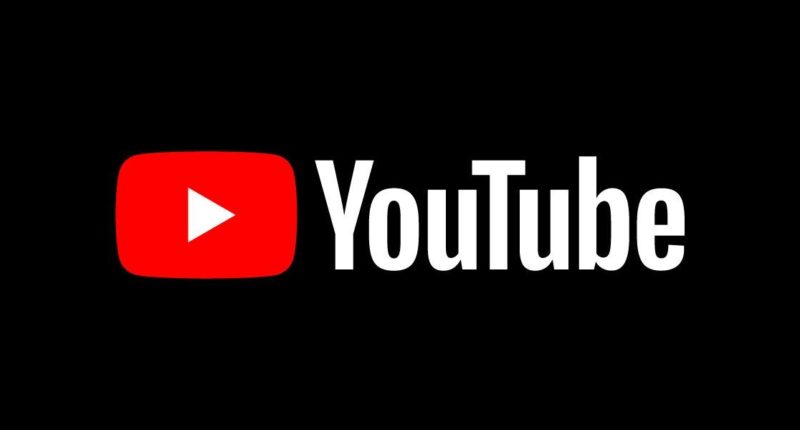After Netflix decided to stream all of its content on Standard Definition to avoid stress on internet infrastructure, YouTube too is following suit. In a statement issued to the press, Youtube said that it has decided to reduce its streaming quality in the European Union. These measures by streaming giants are largely to avoid any strain on the already stressed network infra, as a multitude of Europeans take to teleworking and online classes due to the covid-19 pandemic. This measure will affect video streaming for 30 days, subject to review.
The company has made a commitment to switching all its traffic to standard definition by default in European Union including Britain despite only observing a handful of usage peaks so far. Standard definition videos are not as detailed or sharp as high definition videos which cause more usage and hence demand more bandwidth from the network. This measure was implemented after EU Industry Chief Thierry Breton’s conversation with Alphabet CEO Sundar Pichai and YouTube CEO Susan Wojcicki.
In addition to YouTube, content on Netflix will be subjected to the same measure. The platform announced that it will be reducing its bit rates across Europe for 30 days which is expected to cut traffic on European networks by 25%. Bit rates determine the quality and size of audio and video files.
These measures have been adopted after multiple appeals from EU officials asking streaming platforms to scrap high definition streaming. And while this may cause some loss in quality, the appeals saw widespread support from general public as well. The
suggestion was aimed at preventing an ultimate breakdown of the internet due to the increased traffic as a consequence of thousands of work-from-home professionals and even more number of students taking classes online. Britain’s telecom providers have observed a spike in data traffic over the past few days. Breton expressed in a statement that given the unprecedented situation, streaming platforms, telecom operators and users “all have a joint responsibility to ensure the smooth functioning of the internet during this battle against the virus propagation”.
A 2019 report by American equipment networking company Sandvine revealed that video accounts for about 60% of the data delivered from internet providers to consumers. Netflix, according to the report accounts for just under 12% of the total traffic while YouTube accounts for another 12%. This further reiterates the importance of these actions.
As countries impose lockdowns on populace, most companies have asked employees to work from home. Universities and schools have switched to online learning in an effort to contain the COVID-19 outbreak, which has already resulted in over 10,000 deaths and over 200,000 infections globally. Internet, as a resource, bceomes vital in times of lockdown and it has to be ensured that critical services, such as healthcare, national security etc. do not suffer due to to network strain.
